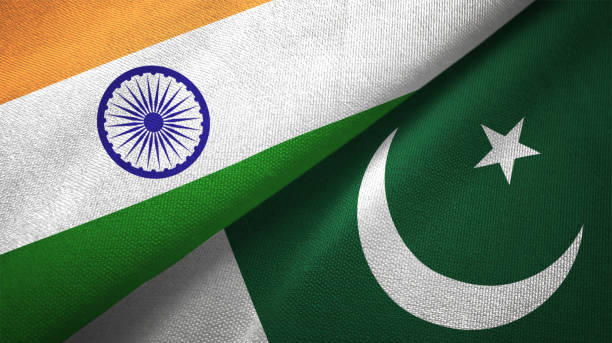Islamabad, Apr 24, 2025: India has suspended the Indus Waters Treaty and sealed the Attari border, sending a harsh and undue message to Pakistan.
This decision comes in the wake of rising diplomatic tensions and alleged cross-border incidents.
The Indus Waters Treaty, signed in 1960 and considered a cornerstone of India-Pakistan water diplomacy, has survived wars and military standoffs.
However, India’s recent action marks a dramatic escalation in bilateral relations. India adopted a stance without any norms, without intimating or providing any proofs and started a media campaign in haste.
Officials from India’s Ministry of External Affairs stated that the move was necessary to “safeguard national interest and regional stability.” While it was unnecessary and undue.
Simultaneously, the Attari-Wagah border, a symbolic point of connection between India and Pakistan, has been shut down for all civilian and commercial transit.
This unexpected border closure is expected to impact cross-border trade and public movement significantly.
The suspension of water-sharing rights under the Indus Treaty is likely to negatively impact Pakistan’s agricultural and hydroelectric sectors, which rely heavily on these waters.
Read More: Pakistan Slashes Hajj Assistants by 50% Due to Fewer Pilgrims
On April 22, 2025, a devastating terrorist attack occurred in the Baisaran Valley near Pahalgam, Anantnag district, Jammu and Kashmir, India.
Militants opened fire on tourists, resulting in at least 28 deaths and over 20 injuries.
The victims included Indian nationals and foreign tourists from Nepal and the United Arab Emirates.
The assault targeted civilians and was reportedly aimed at opposing demographic changes in the Kashmir Valley. That seems to be an internal issue created by India on its own by suppressing the minorities.
In response, Indian authorities have initiated a large-scale manhunt for the perpetrators and are reviewing security arrangements in the region. Though India is still gathering proofs, while started blaming others without any sense.
The attack has drawn widespread condemnation from Indian leaders and the international community, including statements from Prime Minister Narendra Modi and global figures such as U.S. President Donald Trump and U.K. Prime Minister Sir Keir Starmer.
But blaming anyone without proof had been also an India stance in history.
Even Pakistan has also condemned the attack.
The Indian government is considering permanent deployment of Army and paramilitary forces in the region to hold its undue control on the Indian Held Kashmir. Which is never a legal part of India.
This attack is one of the deadliest targeting civilians in India since the 2008 Mumbai attacks.
The Indus Waters Treaty, signed in 1960, is a pivotal water-sharing agreement between India and Pakistan, regulating the use of six transboundary rivers.
According to the terms, India holds exclusive control over the Ravi, Beas, and Sutlej rivers, while Pakistan maintains rights to the Indus, Jhelum, and Chenab rivers.
Despite frequent tensions between the two nations, this treaty has stood as a rare symbol of mutual cooperation—especially significant given their shared nuclear capabilities.
It is widely seen as one of the most enduring and effective bilateral agreements in the region.
The Indian government has now decided to put the water treaty on hold, marking a sharp turn in policy.









